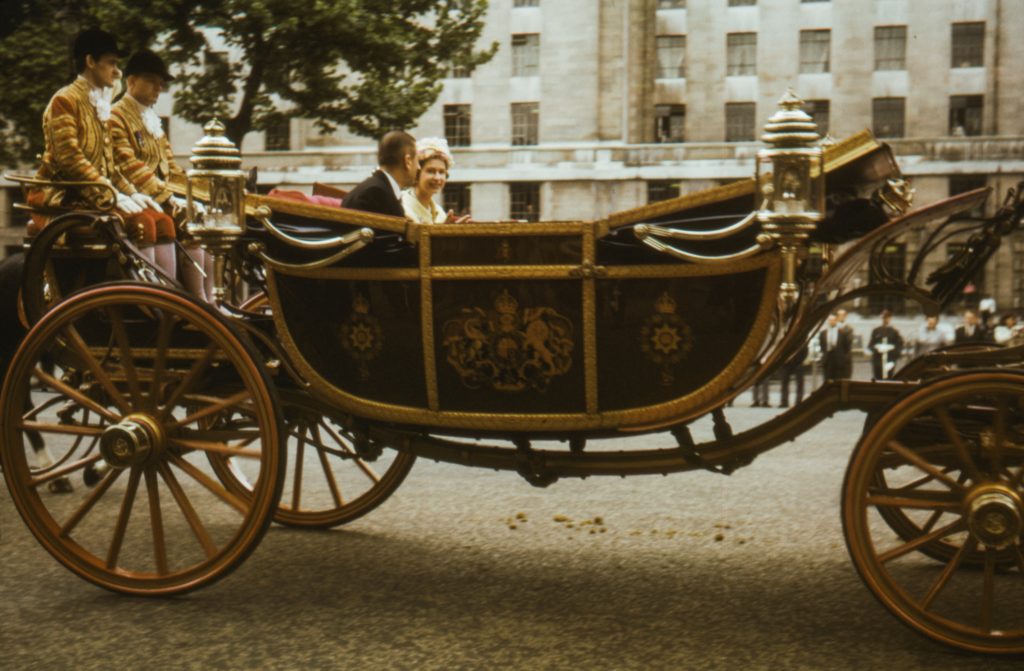
Published June 23, 2022
At the beginning of this month, the people of Great Britain, together with millions more throughout the British Commonwealth, celebrated Queen Elizabeth II’s Platinum Jubilee, the commemoration of an astonishing seven decades on the throne. The queen has long since surpassed Queen Victoria (1837–1901) as the longest-reigning British monarch and seems likely to ultimately pass Louis XIV, the great “Sun King” of France (1643–1715) as the longest-reigning monarch in European history. As a queen who has seen 15 prime ministers come and go, the first of them Winston Churchill, Elizabeth may seem to some like a relic from a bygone time. In many ways, she hearkens back to an era in which heads of state were viewed as representatives of Christ.
Americans are apt to look with bemusement at the constitutional monarchies that have prevailed throughout much of Europe for the past two centuries: Why have a monarch if the prime minister has all the power? The queen’s power may be almost entirely symbolic. Still, the symbol is powerful for those with eyes to see. The monarchy symbolizes the divine dimension of politics, just as the prime minister or head of government expresses the human dimension, the agency of the people. In this older view, powerfully explored in Season 1 of Peter Morgan’s serial drama of Queen Elizabeth’s reign, The Crown, political authority is not simply the creature of the people. It is not something that we free and equal individuals come together to create for our common benefit, bestowing it upon some officeholder to fill a political role for us until we decide to replace him. No, the monarchy is a manifestation, a delegation of God’s authority, a sacred trust ultimately accountable to Him.
Click here to keep reading on WORLD Opinions.
Brad Littlejohn (Ph.D., University of Edinburgh) is the founder and president of the Davenant Institute. He also works as a fellow at the Ethics and Public Policy Center and has taught for several institutions, including Moody Bible Institute–Spokane, Bethlehem College and Seminary, and Patrick Henry College. He is recognized as a leading scholar of the English theologian Richard Hooker and has published and lectured extensively in the fields of Reformation history, Christian ethics, and political theology. He lives in Landrum, S.C., with his wife, Rachel, and four children.
Brad Littlejohn, Ph.D., is a Fellow in EPPC’s Evangelicals in Civic Life Program, where his work focuses on helping public leaders understand the intellectual and historical foundations of our current breakdown of public trust, social cohesion, and sound governance. His research investigates shifting understandings of the nature of freedom and authority, and how a more full-orbed conception of freedom, rooted in the Christian tradition, can inform policy that respects both the dignity of the individual and the urgency of the common good. He also serves as President of the Davenant Institute.










